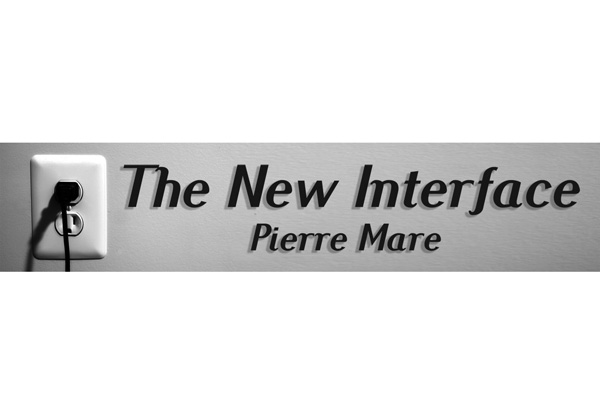
This Week in The Khuta -Evil lurks in the pervasive silence
The Anti-Corruption Commission in an attempt to curb the problem with fraudulent behaviour and outright fraud has procured the assistance of some church leaders who are required to deliberate on ways in which as a community we can reduce the occurrence of such behaviour.
The premise on which this is based is that corruption is an indication of moral and ethical degradation and should therefore be counteracted by sound doctrine that will revive a sense of moral responsibility.
Since 2008, the church alliance in collaboration with a committee of the Anti-Corruption Commission worked tirelessly to ensure that the issue of corruption is not only addressed on the news but also on the pulpit.
The purpose for all of this is quite clear. A new mentality is needed amongst all Namibians to combat this cancer that is slowly eroding the fabric of our society.
What is the worst form of corruption though? Is it the traditional case where millions of dollars are stolen by an executive who feels his/her salary is insufficient? Is it the young naïve employee who steals funds from his employer or a company client with the promise that he will turn a blind eye to some of the distasteful transactions? Or is it simply the common case where we pay our civil servants an “additional fee” in order that our paperwork may move along a bit faster? Yes, all these may be types of corruption but in its multi-faceted nature we find one that is quite devastating: Silent corruption.
Silent corruption is arguably more damaging than conventional forms of corruption. The members of the church alliance do not all agree, but there is an estimate that silent corruption costs the country about a billion dollars each year if not more.
Silent corruption is a form of insolence, expressed most markedly in the actions of our employees, albert or civil servants of private company employees. As an example, many knowingly leave work early each day, arrive fashionably late without an excuse, use company hours to tend to their own personal business or worse, use their families as an excuse for low performance. This happens when our attitude is centralised around personal advancement rather than overall institutional growth That is, we look at the part and not at the whole. Simply stated it is this corruption that breeds low level of productivity which in turn means low output levels from our organisations.
The aim of the church alliance is therefore to educate pastors and priests. They, in turn, can speak candidly about these matters at the various churches within the nation with the hope that the values taught every Sunday will also extend to the work environment.
Ethics in general and work ethic are inseparable. We may separate our individual beliefs and doctrines from our work place but we cannot separate our ethical values as this invariably leads to a crippling economy. If the golden rule prevails “do unto others as you would have them do unto you”, the work behaviour would be surely different.











































